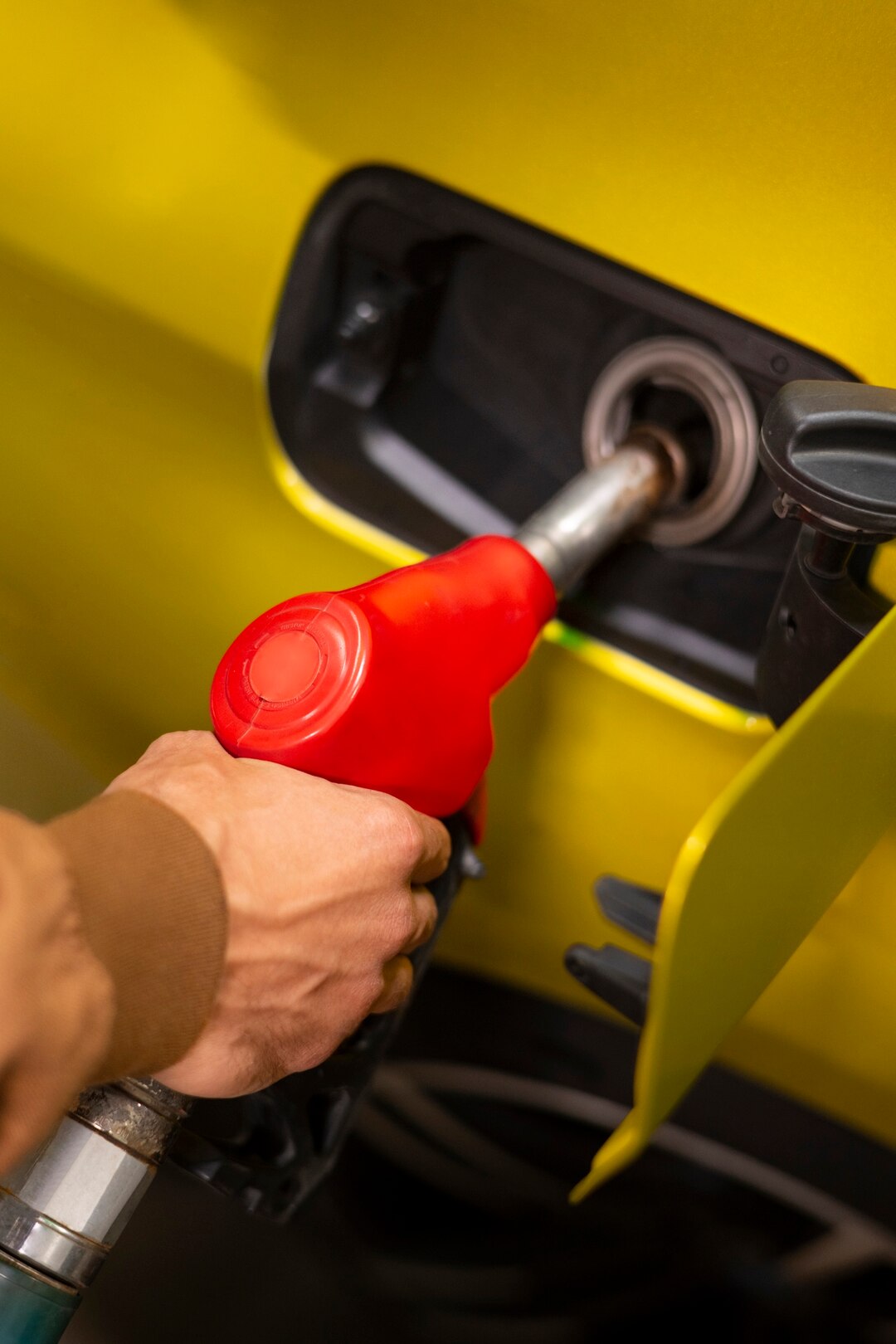The fuel tank is an essential component of any vehicle, responsible for storing and delivering the fuel needed to power the engine. While fuel tanks may seem straightforward, there are actually several types available, each with its own unique features and benefits. In this guide, we’ll explore the different types of car fuel tanks, shedding light on their design, functionality, and considerations for vehicle owners.
1. Plastic Fuel Tanks:
Plastic fuel tanks, often made from high-density polyethylene (HDPE) or similar materials, are lightweight, durable, and resistant to corrosion. They are commonly used in modern vehicles due to their cost-effectiveness, ease of manufacturing, and ability to be molded into complex shapes. Plastic fuel tanks also offer improved fuel economy by reducing vehicle weight.
2. Steel Fuel Tanks:
Steel fuel tanks were once the standard in automotive construction and are still used in some older vehicles and heavy-duty applications. While steel tanks are durable and provide excellent protection against impacts, they are prone to rust and corrosion over time, especially in regions with harsh weather conditions or road salt exposure.
3. Aluminum Fuel Tanks:
Aluminum fuel tanks offer a lightweight alternative to steel tanks while providing superior corrosion resistance. They are commonly used in high-performance vehicles, racing cars, and aircraft due to their strength-to-weight ratio and ability to withstand extreme conditions. However, aluminum fuel tanks can be more expensive to manufacture than other types.
4. Flexible Fuel Bladders:
Flexible fuel bladders are made from durable, puncture-resistant materials and are designed to conform to irregular spaces within vehicles. They are often used in off-road vehicles, military vehicles, and marine applications where space constraints or fuel sloshing issues are a concern. Flexible fuel bladders can be easily transported and installed, making them ideal for custom or specialized vehicles.
5. Composite Fuel Tanks:
Composite fuel tanks are constructed from a combination of materials such as carbon fiber, fiberglass, and epoxy resins. They offer excellent strength-to-weight ratios, corrosion resistance, and design flexibility. Composite fuel tanks are commonly used in high-end sports cars, luxury vehicles, and electric vehicles (EVs) to optimize performance and fuel efficiency.
Considerations for Vehicle Owners:
When considering the type of fuel tank for your vehicle, there are several factors to take into account:
- Durability: Choose a fuel tank material that is durable and resistant to corrosion, impacts, and environmental factors.
- Cost: Consider the cost of manufacturing, installation, and maintenance when selecting a fuel tank type.
- Weight: Opt for lightweight fuel tanks to improve fuel economy and vehicle performance, especially in high-performance or fuel-efficient vehicles.
- Compatibility: Ensure that the fuel tank is compatible with your vehicle’s fuel system, engine specifications, and emission requirements.
The fuel tank is a critical component of any vehicle, providing the storage and delivery system for the fuel needed to power the engine. By understanding the different types of car fuel tanks available, vehicle owners can make informed decisions when it comes to selecting the most suitable option for their needs. Whether it’s plastic, steel, aluminum, flexible, or composite, each type of fuel tank offers its own unique advantages and considerations. By prioritizing durability, cost-effectiveness, weight, and compatibility, vehicle owners can ensure reliable performance and longevity for their vehicles’ fuel systems.











